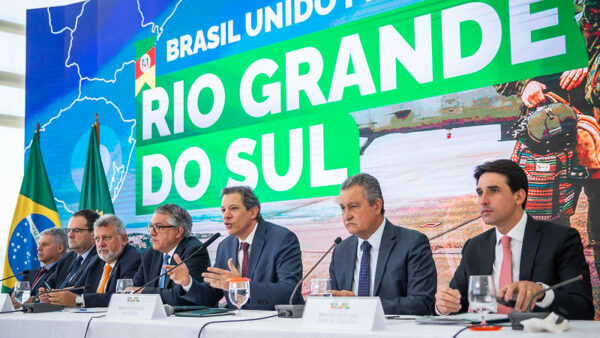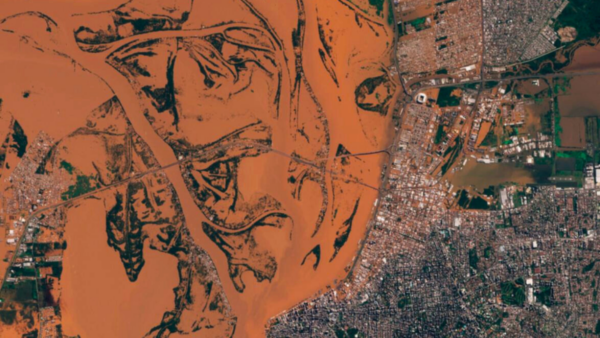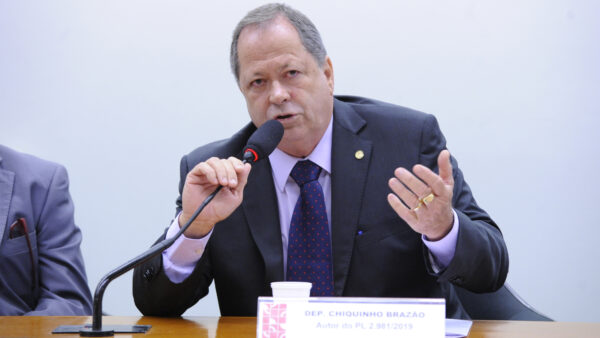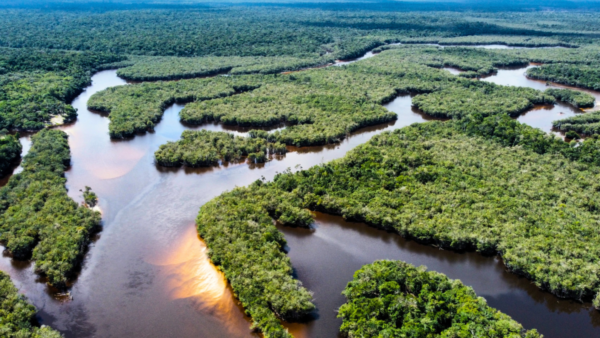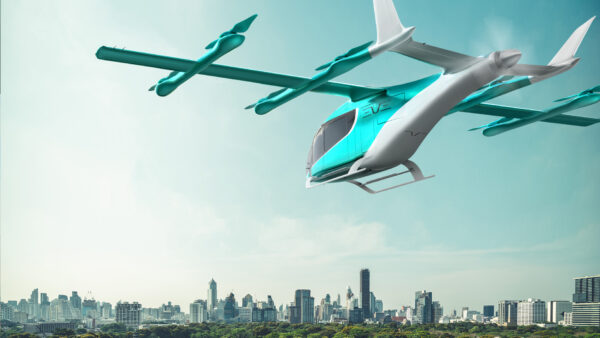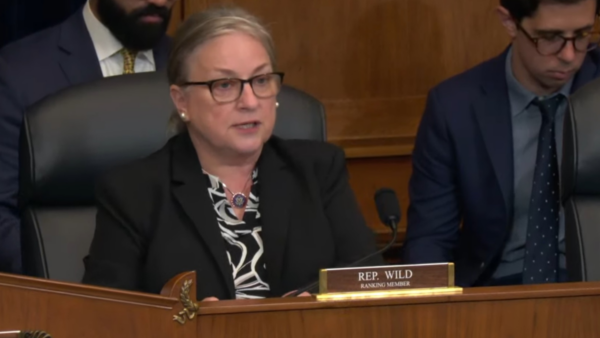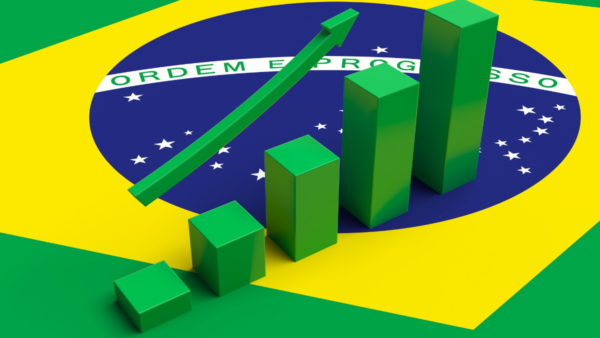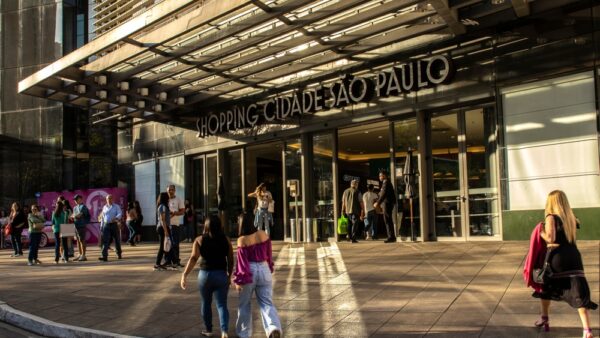President Nicolás Maduro of Venezuela traveled to Brazil for the first time in eight years to meet with his Brazilian counterpart, Luiz Inácio Lula da Silva, on Monday. They will also attend a summit with nine other South American heads of state on Tuesday.
Brazil’s Foreign Affairs Ministry stated today that the first meeting between the two leaders was expected to “review and promote the normalization of Brazil-Venezuela bilateral relations,” an alliance that began to be restored in 2023 after four years of diplomatic clashes during the government of Jair Bolsonaro.
Under Mr. Bolsonaro, the Brazilian Justice Ministry in 2019 issued an ordinance barring top officials of the Venezuelan government, including Mr. Maduro, from entering the country. The ordinance was revoked late in December, ahead of Lula’s January 1 inauguration.
The talks between Lula and Mr. Maduro take place one week after Manuel Vadell Aquino, the new Venezuelan ambassador, submitted his credentials to the Brazilian president, formally resuming relations between the two countries. Earlier this year, Lula also sent a delegation to Caracas tasked with reopening Brazilian offices that were shut down in 2020.
Shortly after landing on Sunday, Mr. Maduro tweeted that his time in Brasília would serve to “develop a diplomatic agenda that reinforces the necessary union of the peoples of our continent.” In addition to Brazil, the Venezuelan government also re-engaged with Colombia recently, following the end of a decades-long streak of right-wing governments in Bogotá.
Brazil’s northern neighbor became an international pariah after experiencing social, economic, and democratic crises. But isolating Venezuela hasn’t pushed the country into becoming a more developed democracy. Western powers in Europe and North America have recently reached out to Caracas seeking better relations, taking advantage of renewed interest in its oil due to Russia’s war with Ukraine.
Maintaining a functional relationship with Venezuela is a diplomatic no-brainer for Brazil. If nothing else, the two countries share a 2,300-kilometer border (for comparison’s sake, the U.S.-Mexico border extends over 3,100 kilometers). But Lula’s effusive praise of Mr. Maduro and his regime goes well beyond diplomatic politeness and will have raised more than a few eyebrows.
He called criticism to Mr. Maduro’s legitimacy “false narratives” — and said “the most absurd thing in the world” was the recognition in 2019 of opposition leader Juan Guaidó, a former lawmaker, as the country’s legitimate head of state (more than 50 governments, including the U.S., European Union, and most of Latin America did this). Lula’s comments pander to the far-left but certainly disgust centrists.
Mr. Maduro has been linked to severe human rights violations in Venezuela ever since the country’s democratic backsliding began, more than a decade ago. Local NGO Forum Penal reported the existence of at least 246 political prisoners in Venezuela as of August last year.
For a president who has faced a putschist revolt and presents himself as a champion of democracy, Lula’s defense of Mr. Maduro certainly appears to be a bit of a head-scratcher.


 Search
Search